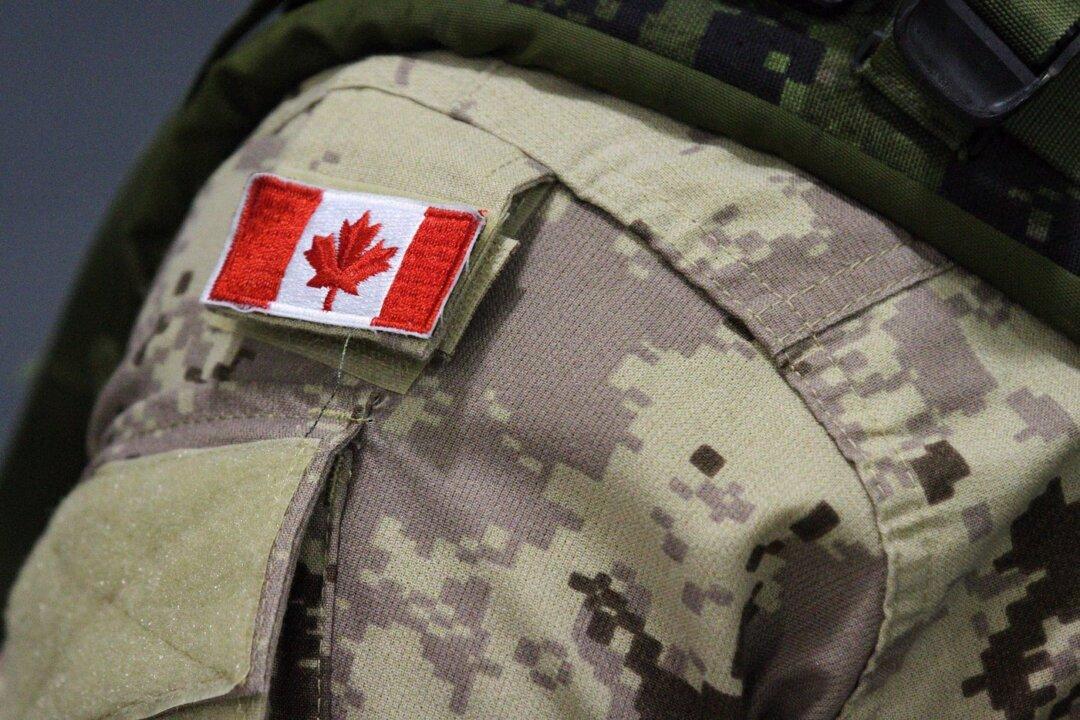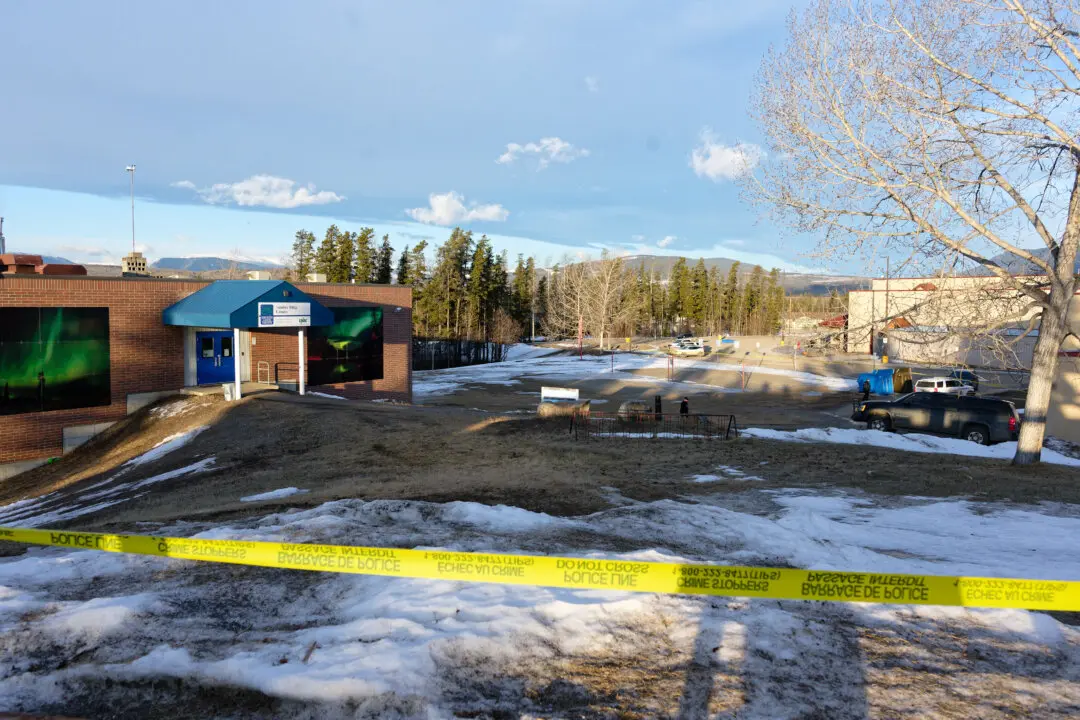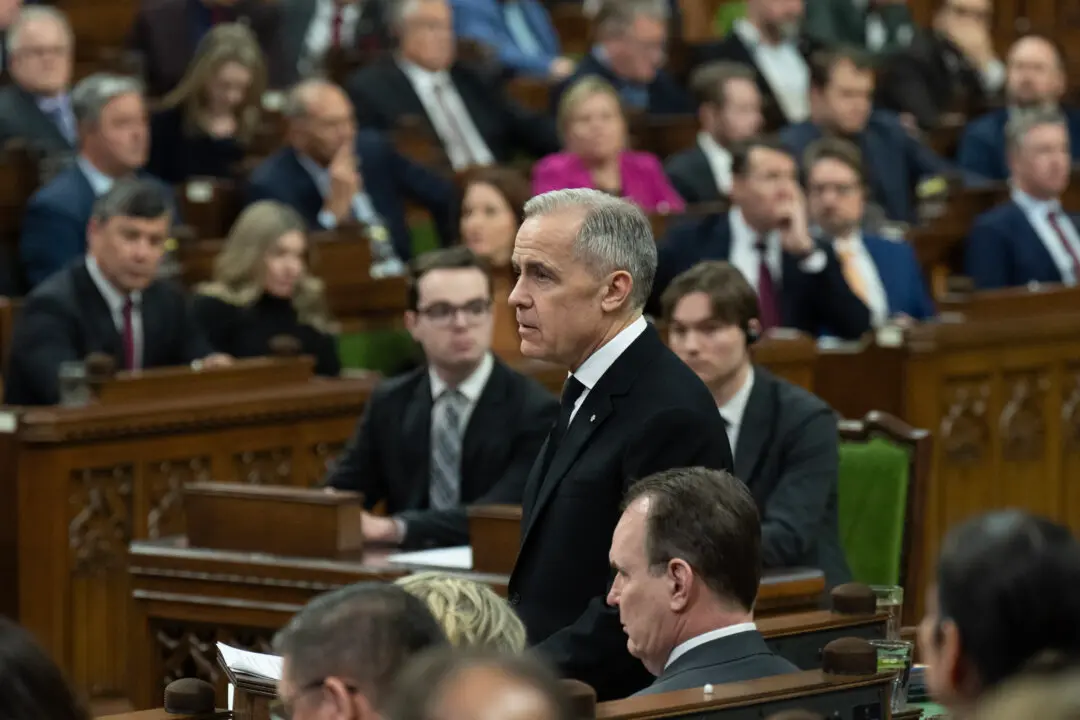A federal aid program aimed at getting homeless veterans off the streets provided shelter for about 10 percent of the ex-soldiers, sailors, air crew, and RCMP in need over a four-year period, recently released government records show.
Since Nov. 1, 2019, only 277 homeless veterans were provided with shelter under the program, records in an Inquiry of Ministry first reported on by Blacklock’s Reporter show. The highest number of homes were built in 2022, with 137 units built in Ontario. That number was as low as six or seven in previous years.





